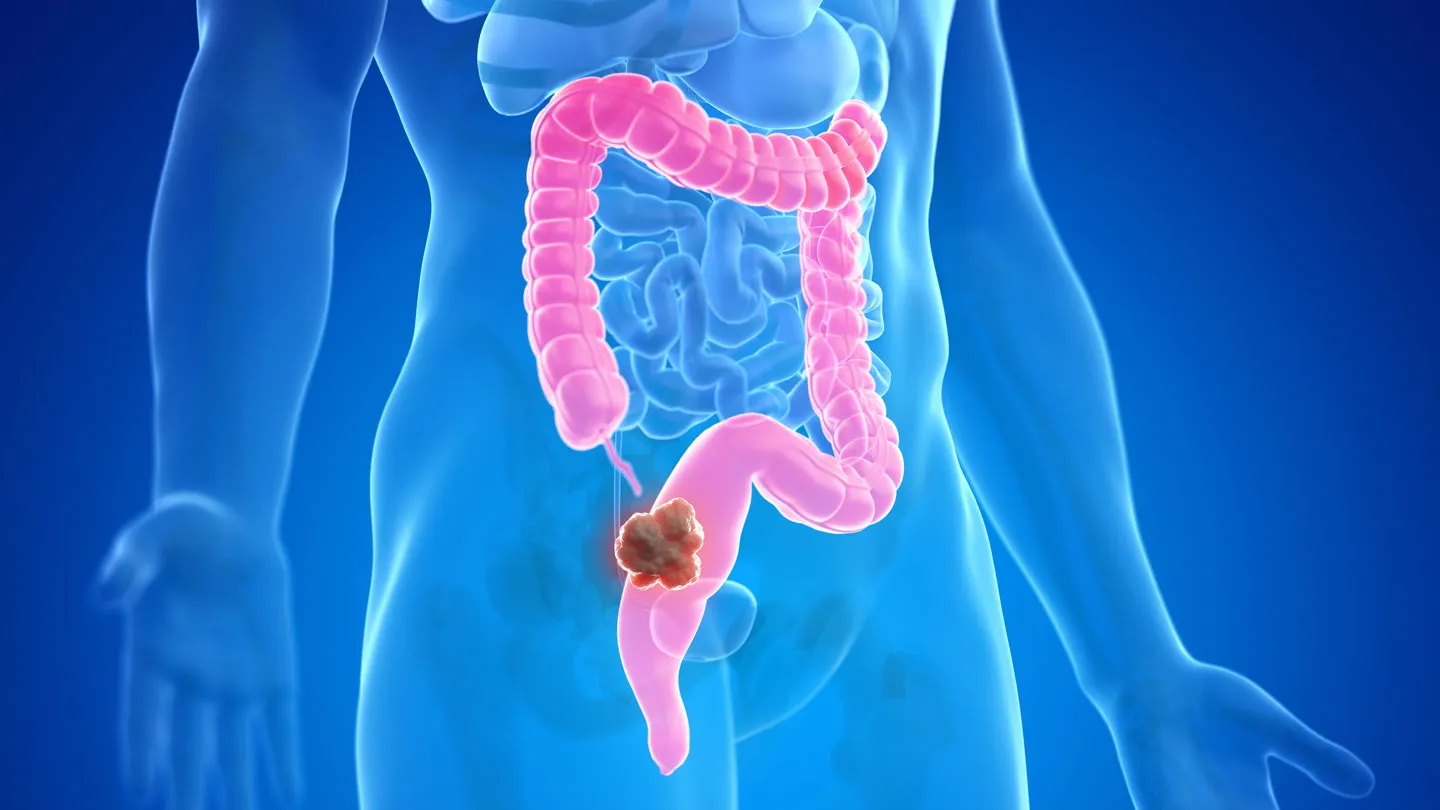
How Does Colorectal Cancer Start?
Colorectal cancer typically begins with the formation of polyps in the colon or rectum. These polyps can be benign (non-cancerous) or malignant (cancerous). While most polyps do not turn into cancer, certain types—like adenomatous polyps—are more likely to develop into cancer over time. Factors contributing to the development of colon cancer include genetics, lifestyle choices, and certain medical conditions. Regular screenings, such as colonoscopies, can help detect and remove polyps before they progress to cancer.
Early Signs and Symptoms of Colon Cancer
Early detection is key in improving outcomes for those diagnosed with colon cancer. Being aware of the signs and symptoms can lead to earlier diagnosis and treatment. Here are some common early indicators:
- Changes in Bowel Habits: This may include diarrhea, constipation, or changes in the consistency of stool that last more than a few days.
- Blood in Stool: One of the more concerning symptoms is blood in the stool, which may appear bright red or dark. This could indicate a problem in the colon or rectum.
- Abdominal Discomfort: Frequent gas, bloating, or cramps can signal issues within the colon. Persistent abdominal pain should be discussed with a healthcare provider.
- Unexplained Weight Loss: Losing weight without trying can be a sign of colon cancer or other underlying health issues.
- Fatigue: Constant tiredness or weakness that doesn’t seem to improve can be a symptom of colon cancer, especially if it is accompanied by other signs.
- Narrow Stools: Stools that are narrower than usual may indicate a blockage in the colon and should be evaluated.
- Colon Cancer Stool: Changes in the appearance of stool, such as blood or mucus, can be significant and should prompt further investigation.
Colon Cancer and Age
While colon cancer can occur at any age, it is more commonly diagnosed in individuals over 50. However, there is a concerning trend of increasing rates among younger adults, with cases reported in people as young as 40. It’s essential for individuals in this age group to be vigilant about their health and discuss any concerning symptoms with their healthcare provider.
The Importance of Early Detection
Colon cancer caught early has a significantly higher chance of successful treatment. Regular screenings and awareness of personal risk factors—such as family history and lifestyle choices—can help in the early identification of potential issues. Early signs should never be ignored, and any persistent symptoms should prompt a visit to a healthcare professional.
Where to Find More Information
- American Cancer Society (cancer.org)
- National Cancer Institute (cancer.gov)
- Centers for Disease Control and Prevention (CDC.gov)
- Mayo Clinic (mayoclinic.org)

